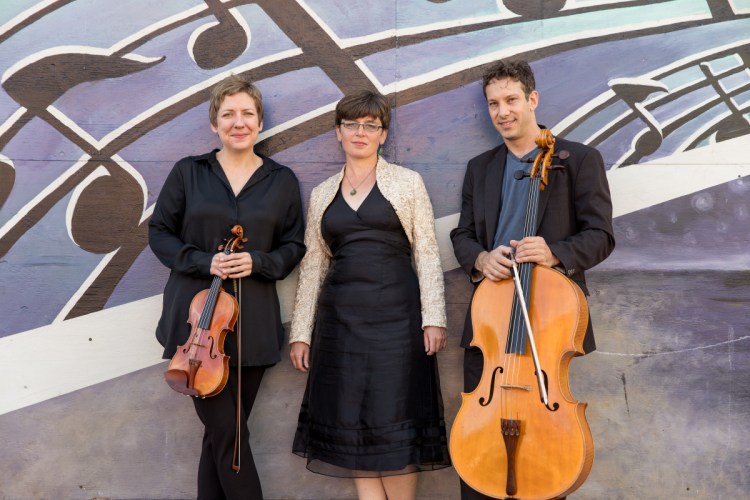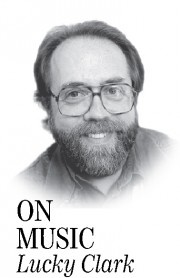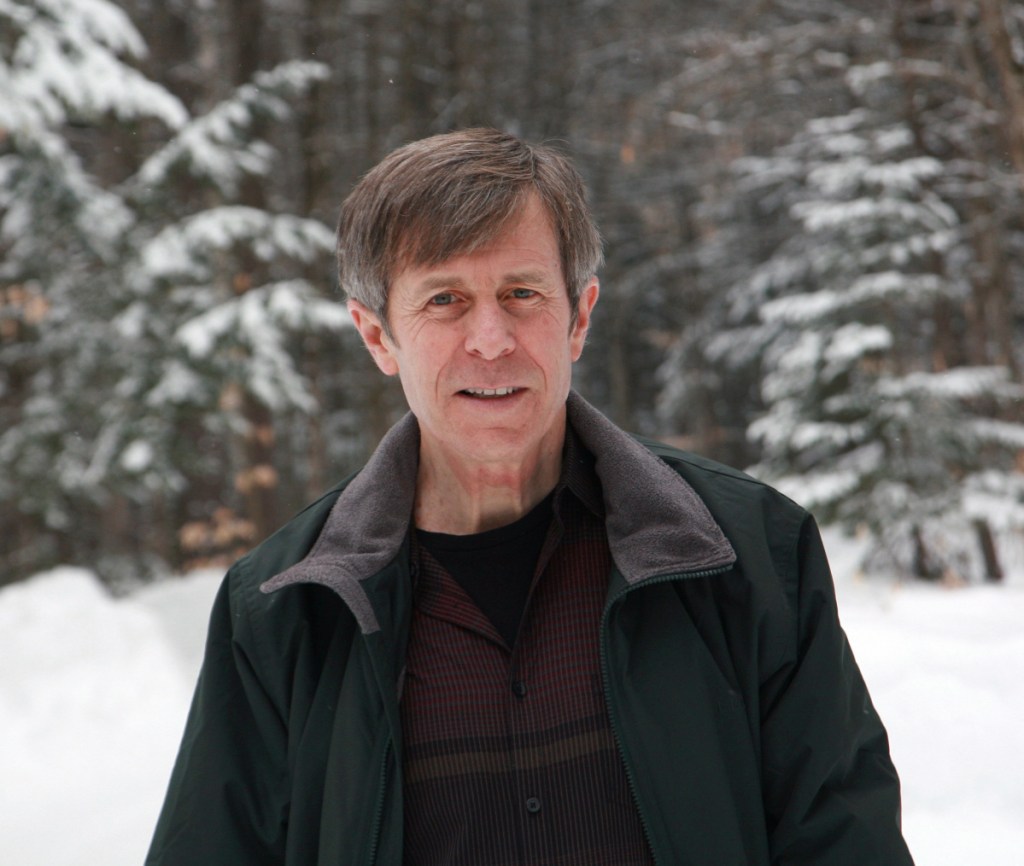If classical music is your cup of tea, then you should head over to Jewett Auditorium for a performance at 7:30 p.m. Friday, March 2. The Portland Piano Trio will be the featured performers and their program will consist of four pieces that span centuries of classical music with works by Beethoven, Samuel Coleridge-Taylor, Amy Beach and UMA’s own Richard Nelson.
In a recent telephone interview, the professor of music talked about the concert’s musical selections, the group performing them and the intent of the program titled “Classical Constellations.”
Q: How long have you been at the college?
Nelson: I have been teaching at UMA now for a little more than 20 years.
Q: What is your primary instrument?
Nelson: My primary instrument is guitar and I actually play primarily electric guitar in jazz situations, both contemporary and traditional jazz settings, but I did play classical guitar for quite a while, as well, before.
Q: I noticed that one of the pieces to be performed was one that you composed, “Ascent,” I believe. Could you talk a little about that please?
Nelson: I’m quite excited because this will be the premiere performance of the piece and I’m very happy to have this strong group of performers to bring it forward. It’s a piece that has been sort of percolating slowly over several years for me while I’ve been finishing other projects as well. I’ve just been sort of nurturing it along and finally brought it to full completion last year.
Q: Did you compose it for the trio or did you adapt it for that configuration of instruments?
Nelson: I originally thought of this piece as possibly including a French horn with violin and piano, but as I worked on it more I saw that really the music that was developing wasn’t suitable for French horn. It was too virtuosic, so I looked at it and decided that it would work better as a cello, violin and piano piece. That was very liberating because it took me away from the struggle of what I wanted to do with the music and what I knew was reasonable to pass along to players to do.
Q: Looking at the program for the performance and seeing Beethoven, Samuel Coleridge-Taylor, Amy Beach, and yourself represented by works composed from the early 1800s through to 2017, this concert certainly spans the centuries of this genre.
Nelson: Yeah, I think that one of the really distinctive things about this concert, particularly for the Augusta region, is that it is an opportunity, with this common element of the piano-trio format, to see the way classical music has manifested over time. From the solid work of Beethoven grounding things, Amy Beach is a terrific American composer who I don’t think we hear enough about. Her music sort of merges late romanticism and impressionism in a very beautiful way. Coleridge-Taylor’s work represents the late 19th-century/early 20th-century style and, in this case, manifesting his fascination engagement with the African-American spiritual tradition. And then my piece really landing us in the 21st century. As you said, quite a span with a fascinating chain of continuity to get us from Beethoven to the present. Each piece will engage the audience distinctly even as they combine to kind of create this sense of continuity over the centuries — a journey through a musical time and space.
Q: When one considers the program, the fact that it’ll be presented in the warm, acoustic splendor of Jewett Auditorium makes this concert a must-see for anyone who loves classical chamber music.
Nelson: Right, yeah.
Q: Is there anything you’d like to get across to the folks reading this article about “Classical Constellations”?
Nelson: I think that the range of work over time that is being played is what stands out the most to me about this concert. It’s a trek across time with these composers: we have a European master, a pioneering American woman, a black Englishman at a time when it was rare to have non-white composers prominent in the classical music world, and a living American composer who lives and teaches right among us. To absorb all that in the context of a highly acclaimed, really virtuosic and expressive performing group is a great opportunity. The Portland Piano Trio, the performers, are half of what we have going on here. We have people writing music and we have people playing it, and they have really become one of the stand-out chamber music ensembles in the state. I really appreciate their energy and their engagement with classical music at a high level. They have a strong interest in contemporary music, which I think is very valuable.
Q: I concur with that, too, because you can get so caught up in the past that you sometimes don’t get a chance to see where it’s going.
Nelson: Right, yeah. They are a great energetic, youthful group and they really bring that perspective to what they do.
Lucky Clark has spent 49 years writing about good music and the people who make it. He can be reached at luckyc@myfairpoint.net if you have any questions, comments or suggestions.
Send questions/comments to the editors.




